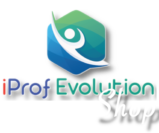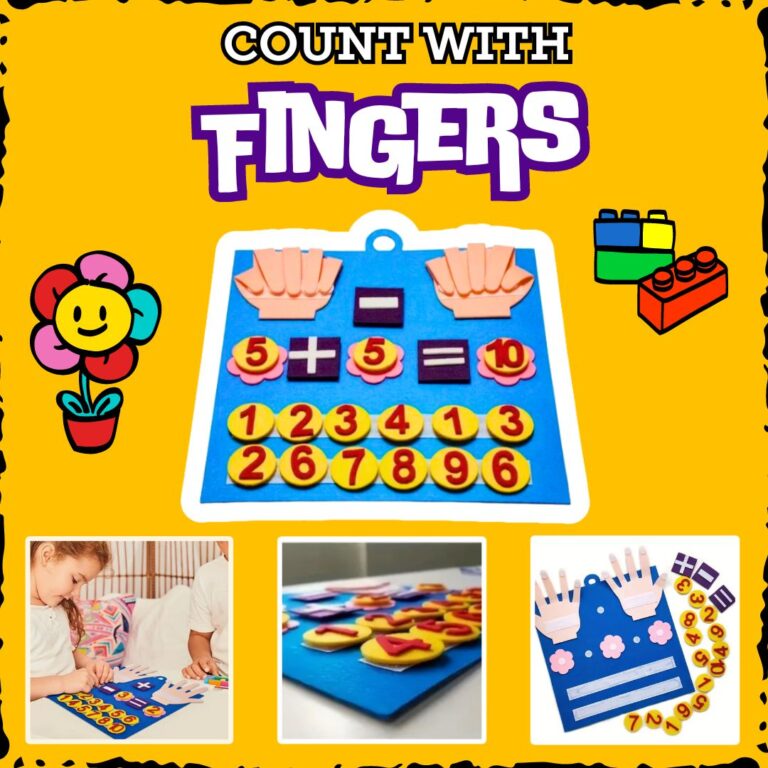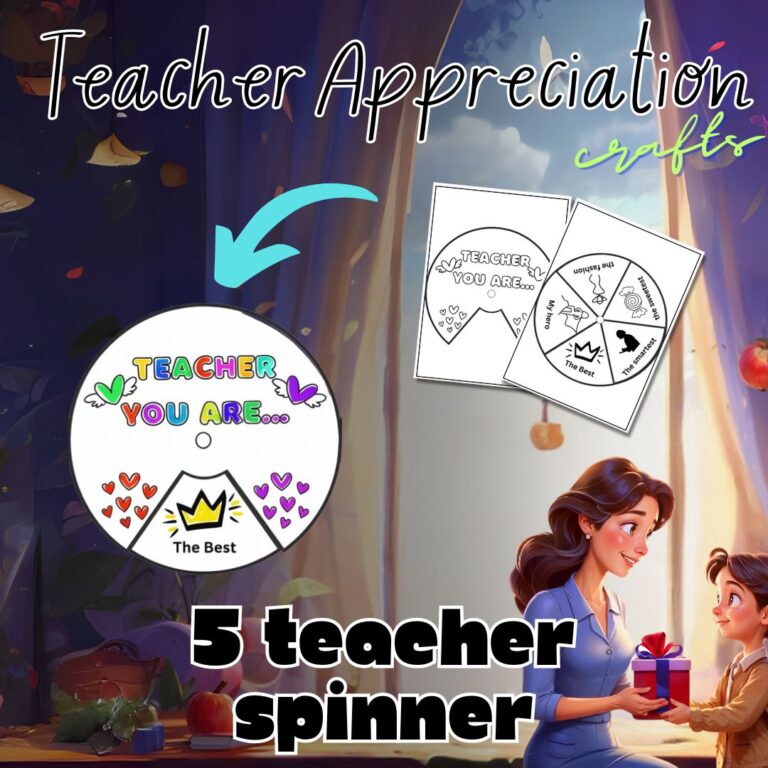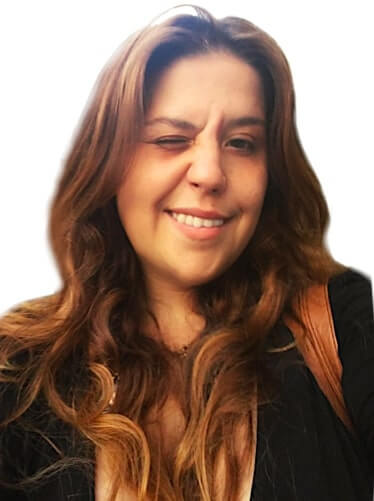What is the connection between dyslexia and science education?
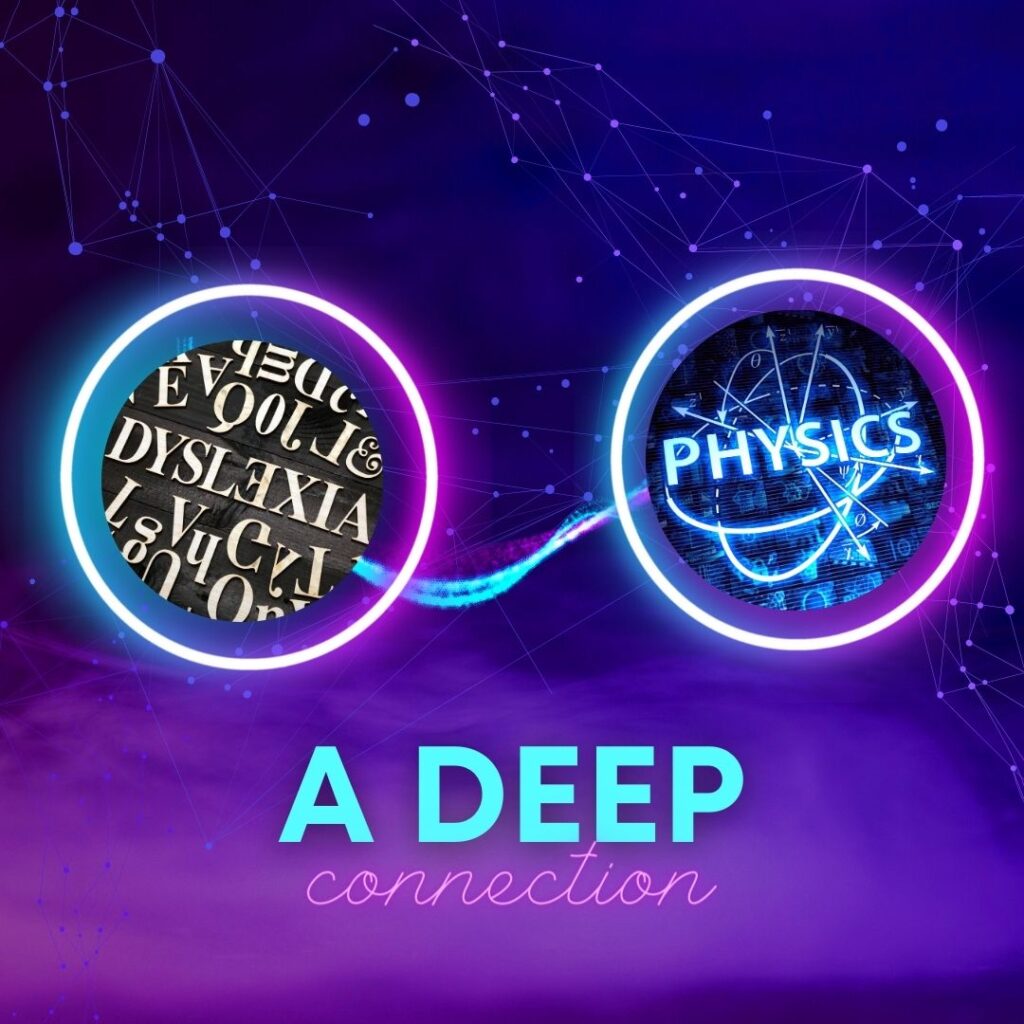
Lost In Translation: Dyslexia And Science’s Language Barrier
Hey there, fellow knowledge seekers!
Today, I want to dive into a fascinating topic that’s close to my heart: the relationship between dyslexia and learning physics and math. Lost in Translation: Dyslexia and Science’s Language Barrier: As someone who has experienced the challenges of dyslexia firsthand, I believe it’s essential to shed light on how these two worlds collide and the impact it has on our education.
Let’s start with mathematics—the captivating realm of numbers, formulas, and equations.
You see, mathematics is a language of its own. It has its own grammar, vocabulary, and syntax.
Beyond Words: Dyslexia and the Challenge of Scientific Language
a similar vein, as we learn to decipher words, sentences, and paragraphs, delving into the realm of mathematics demands an understanding of its distinctive language. Nevertheless, akin to individuals with dyslexia, this process of translation can prove to be exceedingly challenging for most students.
Consider this scenario: attempting to translate a foreign language with no prior knowledge or support. This precisely mirrors the experience students encounter when grappling with mathematical functions and concepts.
Importantly, their difficulty doesn’t stem from a lack of intelligence or curiosity; rather, it lies in the intricate task of deciphering the words and symbols within mathematical expressions.
Dyslexia, a condition primarily affecting reading, operates on a similar logical plane. Dyslexic individuals often face hurdles in translating shapes (letters) into words and meaning, and most of students struggle to translate words in mathematical models.
Interestingly, the parallel between dyslexia and science communication is striking.
When scientists communicate their groundbreaking discoveries, they often employ a complex and specialized language that is, sadly, inaccessible to a vast majority of the population.
This communication gap gives rise to the proliferation of conspiracy theories and fake news, as scientific concepts become obscured in a haze of confusion and misunderstanding.
Navigating the Lexical Maze: Dyslexia Versus Science’s Language Hurdle
We need to address this issue urgently if we want to progress as a society.
Recognizing the connection between dyslexia and science communication is crucial.
By finding ways to tackle dyslexia, we can also uncover solutions to help students better understand scientific ideas.
That’s why our research is now focused on understanding dyslexia within the context of students’ backgrounds, considering the environments they belong to.
We aim to evaluate dyslexia in all languages, regardless of their alphabets.
Armed with this knowledge, we can design physics learning methodologies that rely less on words and circumnavigate the notorious communication challenges in the scientific field.
Now, you might be wondering why all this matters in the grand scheme of things.
Well, my friend, it’s because the prevalence of hoaxes and fake news is reaching alarming heights in our society.
When scientific language remains indecipherable to the majority, conspiracy theories and misinformation flourish.
We must bridge this gap to ensure that everyone can understand and critically evaluate scientific ideas.
Only then can we truly evolve as a global community.
So, let’s embrace the notion that dyslexia and the language of math and physics are deeply intertwined.
By addressing dyslexia head-on and designing inclusive learning environments, we can empower all students to conquer the language barriers of science.
Together, we can dismantle the walls of confusion and misinformation and pave the way for a brighter future.
Lost In Translation: Dyslexia And Science’s Language Barrier. Remember, my fellow explorers, the wonders of the universe are waiting to be unravelled, and we all deserve a chance to understand and appreciate them.
Let’s work together to make science accessible to all, regardless of the language hurdles we face.
-
$0.99
Counting with fingers Craft
-
$0.99
Kawaii Vending Machine
-
$0.99
Father day Super Hero Chocolate bar Craft
-
$0.99
Father's Day Craft 15 Coloring Cards
-
$0.99
Make your Dino Craft Parts
-
$0.99
5 Teacher appreciation Spinner Craft
